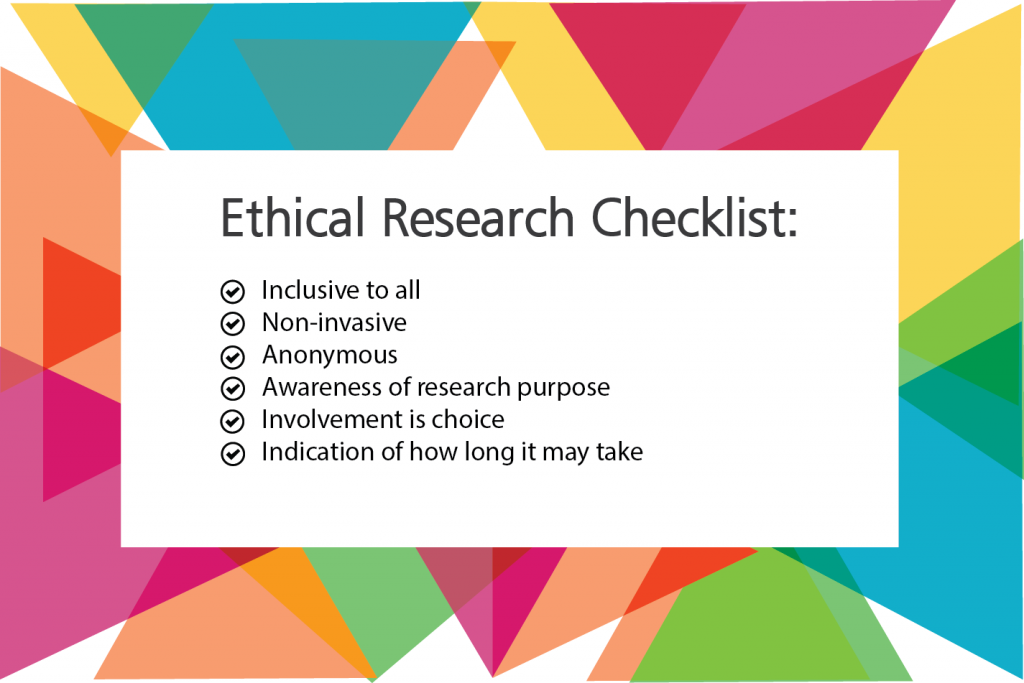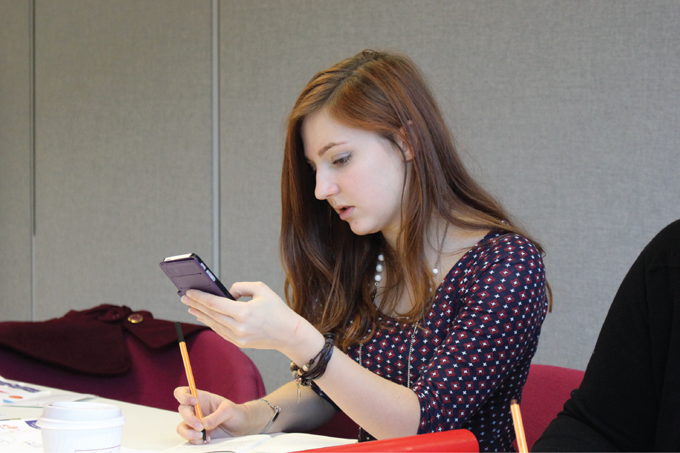Georgia embarks on a mission to find out what exactly ‘ethical research’ means and how we could ensure that our research meets the strict guidelines.
It was around February. At this point in the project we had a clear aim; to create a version of the ‘Learning and Teaching Strategy’ that was accessible to students. Alongside this goal came the important element of research. Gathering student opinion would be integral for a guide aimed at students, therefore student-led research became a significant part of the project.
Whilst discussing how we would conduct the research the phrase ‘ethics’ was thrown around a couple of times. I hadn’t the slightest clue. Surely as long as you are not asking anything too personal or controversial you wouldn’t need approval for a quick survey? Turns out I was very wrong! Next thing I knew I was assigned the objective of ensuring that our research was ethical…I guess now I had to find out what it was all about.
I arranged to meet with a senior national teaching fellow to discuss the ethics of our survey over a cup of tea. She was very friendly and informative – making the idea of delving into the unknown much less daunting.
It was actually pretty simple when she explained what was meant by ethical research and what conduct should be followed when leading research of this kind.
We ensured that it was inclusive to all, non-invasive, those completing the survey were aware of their anonymity and that those participating in the survey knew why the survey was being done. Everything was approved and so we could continue with our research.
It was through this discussion that I understood why checking that our research met these certain principles was necessary – we were asking for people’s thoughts and opinions, which is valuable personal property. By confirming that our survey met all those principles previously mentioned, it reassures students taking the survey that we will not misuse or misrepresent their information.
This was definitely an important of aspect of the research process as we wanted to guarantee that we worked in the most professional and successful way possible.
Ultimately, the key idea I picked up was the concept of voluntary informed consent whereby involvement is the student’s choice, they are aware what the purpose of the research is, the benefits of such research, what they are expected to answer and an indication of how long it may take.
It provided an ethical research checklist we could now refer to for future research projects:

Georgia Horsley
 The Poetic Nursing Heart
The Poetic Nursing Heart Georgia Horsley
Georgia Horsley 899
899


